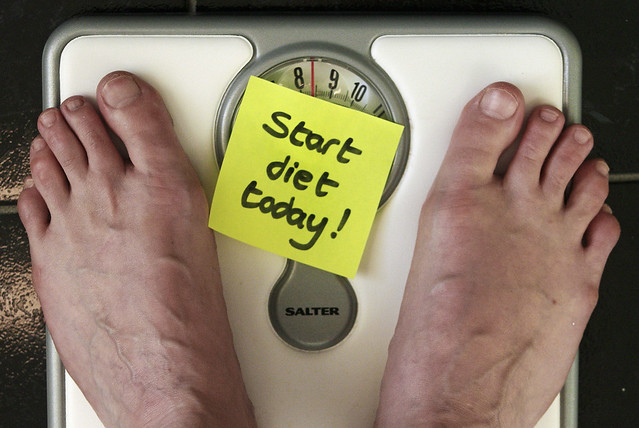
Recently, I’ve noticed lots of friends on social media bemoaning the fact that they’ve over-indulged during the holidays. They are now back on the ‘diet’ and are, quite understandably, miserable about it.
I am heartily grateful that I haven’t dieted for a very long time, and know that I’ll NEVER have to.
I’ve lost count of the number of diets and weight-loss programmes out there. Dukan; Keto; Weightwatchers; Slimming World; it never ends. Each year brings new diets, or old ones in new clothes (Hi Keto! Didn’t you used to be Paleo? And before that Atkins?). Why? Because even though most of these diets DO work in the short term, they are not sustainable.
You’ve heard about conventional medicine only treating the symptoms, while holistic medicine treats the cause of the symptoms?
Well, it’s the same thing here.
These diets only treat the symptoms of a bad lifestyle, i.e. the excess weight, and don’t challenge the lifestyle itself. Therefore, most people will end up going back to their old habits, and in lots of cases even putting on extra weight.
We all know people who have done this. In fact, I know very few people who have followed one of these diets and kept the weight off long-term. And so, there is always a market for new diets, and always enough people to buy into them and hope that this next one will work.
I’ve always had a huge appetite. I know for a fact that if I was on, say, the Weightwatchers diet, I couldn’t possibly have two bites of a cheesecake instead of two slices. Once you’ve tasted the cheesecake (or whatever happens to be your favourite treat), that’s it, you’ve got the taste for it.
How horrific to have the taste for it but to not be able to eat as much of it as you want! And people say vegans are depriving themselves!
Better to make a healthy plant-based cheesecake, and be able to eat as much as you desire – but guess what? You won’t be able to eat that much as it’s made with whole foods, and is really filling.
Doesn’t it make more sense to change your lifestyle and mindset to a vegan one, and therefore not have the dairy cheesecake in the house in the first place and so not be tempted by it, than have it in close proximity constantly calling your name? Rather fill your house up with plant-based whole food treats that will not make you pile on the poundage.
As we all know, it’s not a vegan diet in itself that is good for weight loss. Chips, cola and white bread are usually vegan, and of course they aren’t going to do anyone’s waistline any favours. Exercise is also a vital part of any lifestyle, and equally as important to health and weight maintenance as a plant-based diet.
I mostly teach and coach a whole food vegan lifestyle, that is to say, a vegan diet, with no refined carbohydrates (such as white sugar, white bread, white pasta and rice) just healthy, whole products (brown rice, whole wheat pasta, quinoa. whole wheat bread etc). This is the optimal way to lose weight gradually and healthily), and in a way that will last.
If you are interested in losing weight in the healthiest and most sustainable way possible this year (no artery-clogging meat or ketosis bad breath with this lifestyle!), I’d love to work with you through online nutritional therapy to guide you through the transition, to inspire you with ideas for gorgeous, decadent meals and treats so you NEVER feel deprived , or like you’re on a ‘diet’. Who the hell wants the misery of a diet? Not me, and I’m betting, not you.
